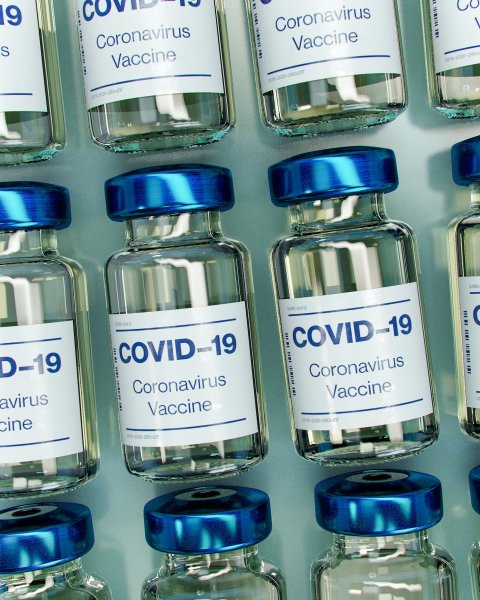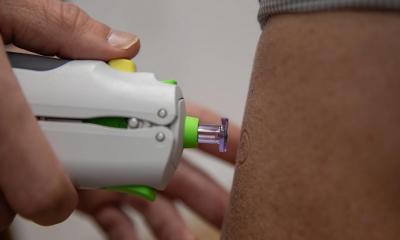News • In addition to AstraZeneca and Pfizer
Alternating vaccines trial expands to include Moderna and Novavax
Researchers running the Com-Cov study, launched in February to investigate alternating doses of the Oxford-AstraZeneca vaccine and the Pfizer vaccine, announce that the programme will be extended to include the Moderna and Novavax vaccines in a new study.

Image source: Unsplash/Daniel Schludi
Led by the University of Oxford, run across nine National Institute for Health Research supported sites by the National Immunisation Schedule Evaluation Consortium, and backed through funding from the Vaccines Taskforce and the Coalition for Epidemic Preparedness Innovations, the additional study will seek to recruit adults aged over 50 who have received their first, or ‘prime’ vaccination in the past 8-12 weeks.
Volunteers for the study can sign up here.
Matthew Snape, Associate Professor in Paediatrics and Vaccinology at the University of Oxford, and Chief Investigator on the trial said: ‘The focus of both this and the original Com-Cov study is to explore whether the multiple Covid-19 vaccines that are available can be used more flexibly, with different vaccines being used for the first and second dose. If we can show that these mixed schedules generate an immune response that is as good as the standard schedules, and without a significant increase in the vaccine reactions, this will potentially allow more people to complete their Covid-19 immunisation course more rapidly. This would also create resilience within the system in the event of a shortfall in availability of any of the vaccines in use.’
These volunteers, who will have received either the Oxford-AstraZeneca, or Pfizer vaccine, will be randomly allocated to receive either the same vaccine for their second dose, or a dose of the Covid-19 vaccines produced by Moderna or Novavax. The six new ‘arms’ of the trial will each recruit 175 candidates, adding a further 1050 recruits into this programme. Professor Snape continued: ‘We saw a fantastic response to the public from the original Com-Cov study, with 830 participants recruited over eight sites in a two-week period in February. We look forward to working with this network and several new sites for the Com-Cov2 study.’
Working across eight sites in the UK, the researchers will study reactogenicity (any adverse reactions) and the immune system responses to these new combinations of vaccines. The study is designed as a so-called ‘non-inferiority’ study (the intent of the study is to demonstrate that mixing is not substantially worse than not mixing) and will compare the immune system responses to the gold-standard responses reported in previous clinical trials of each vaccine.
If the study shows promising results, regulators MHRA and JCVI would formally assess the safety and efficacy of any new vaccination regimen before it is rolled out to patients.
Source: University of Oxford
14.04.2021





